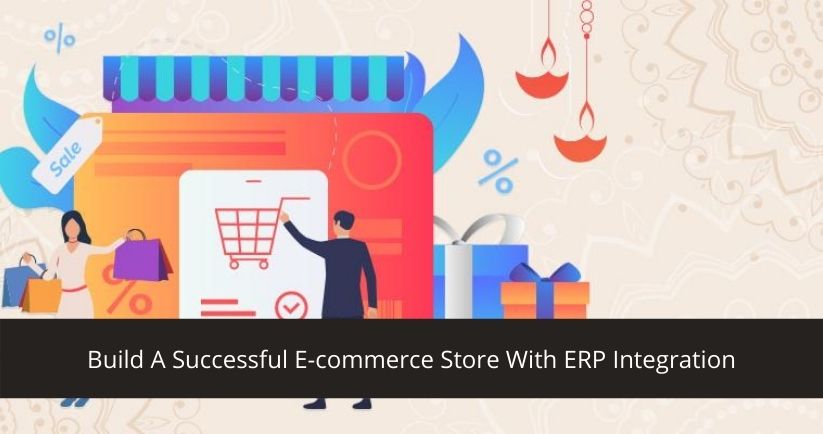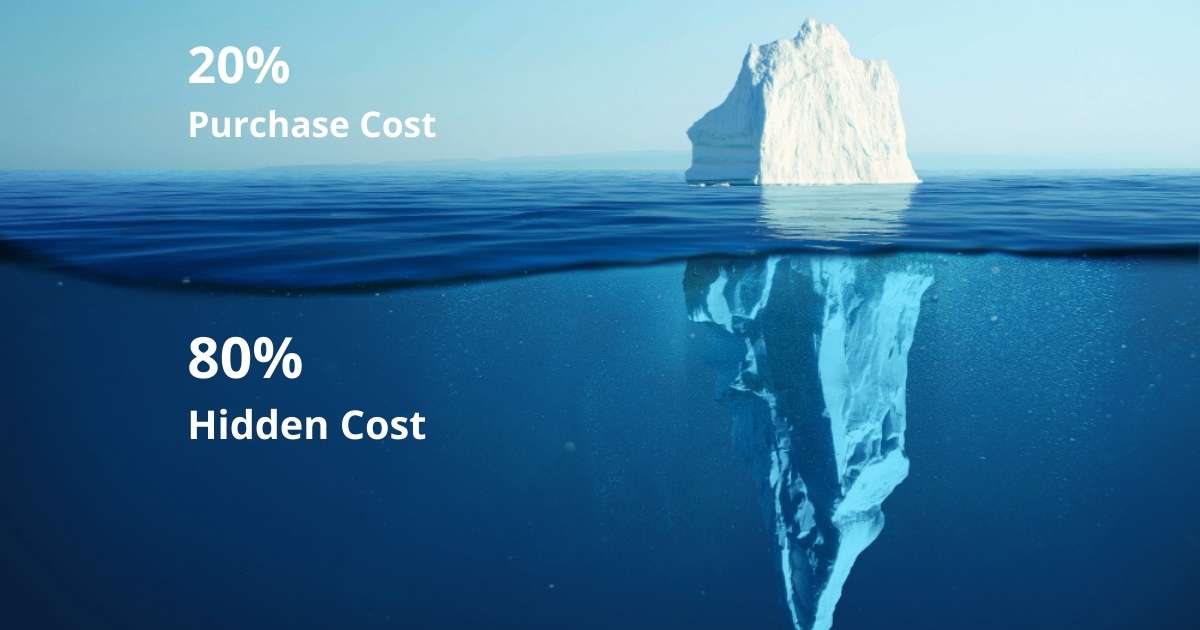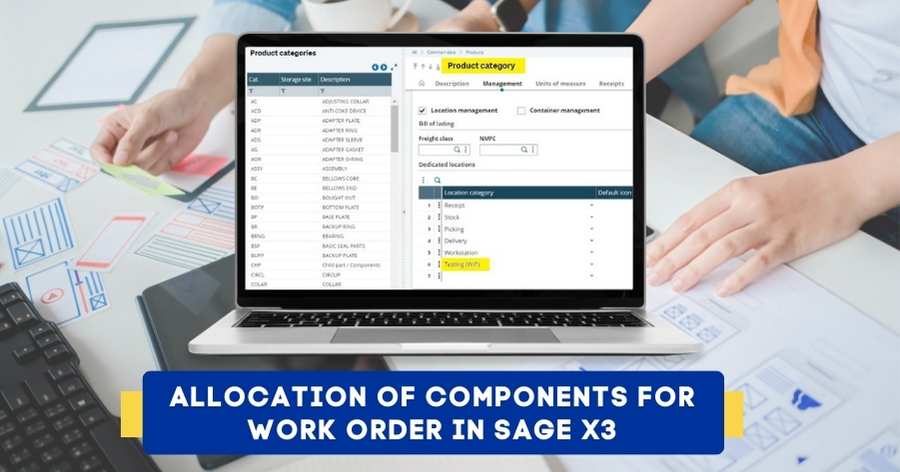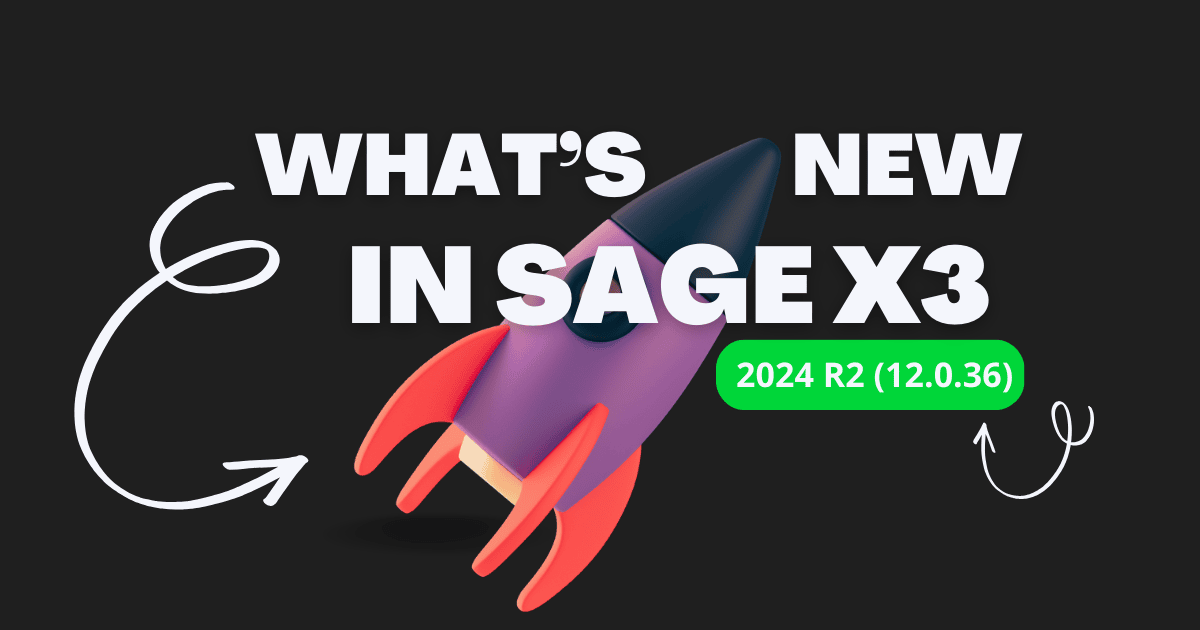E-Commerce ERP Integration
E-commerce as the name stands is a more revolutionized way of doing business in today’s world, it is a cost effective method of selling products and services online which is faster and more penetrative than the conventional ways. Even in eCommerce business, ERP is required to manage the overall business along with the revenue and the inventory.
ERP integration is advisable for any eCommerce company. It is over here that Sage ERP solutions from Sage Software Solutions Pvt Ltd will be very helpful to the companies. Sage ERP system integration with online retail business has many merits to it.
As we know real time data plays an important role in business, esp. for an eCommerce company as things are sold off the shelves within seconds. Hence, over here, the availability of real time data in the system at any time becomes very important. Accessibility of data on a real time basis from anywhere and any device has the capability to accelerate your business to next level.
Information can be fetched at any time on the front end of the store which allows customers on the go to view the latest inventory and make the purchase decision. Right from placing the order online, keeping a track on it until it gets delivered to their doorsteps. Having an eCommerce ERP system is mutually beneficial for both seller as it helps him reduce his operating cost and buyer too as it improves his overall experience.
Here online stores’ sales information is reflected in the Sage eCommerce ERP system which enables the business to plan its strategies around it and improve the sales periodically then aligning it with main business plan of the company which reduces their cost and increases their profit.
Financial reports are generated from the application. However in integration with ERP it gives the comprehensive view to authority regarding a balance sheet, profit & loss statement, cash flow and trial balance and then decisions are taken accordingly.
In the whole automation human involvement is minimized which in turn increases the overall productivity of the eCommerce way of doing business. Wherein, with the help of reflected information of sales orders, the back office team gets started with further proceeding of these orders.
The customer is the king in any business and this eCommerce ERP integration helps him to place the order from any corner of the globe, keep a tab on it and take timely decision with his buying.
Hence it helps the management to know what is happening in their business and control the resources and expenditures which gives them strategic edge over the others.
5 E-Commerce Industry Challenges ERP Can Solve
The ecommerce sector has witnessed a sea change in the last few years. Thanks to the growing internet penetration and mobile reach.
Stats are evident to why the country is witnessing a massive surge in ecommerce businesses popping up at a breakneck speed. Yes, ecommerce market in India is huge and is only expected to turn humungous in the coming years. Thus, making it imperative to know and understand to what the consumers are actually looking for in terms of services to help keep up with changing market demands and needs.
Here are five cherry-picked challenges the ecommerce sector is facing:
1. Supply Chain Bottlenecks
Clearly the most prevalent and common issue faced by almost every ecommerce business. Yes, timely delivery is something that every ecommerce organization craves for, which is often a flashing problem depending on various factors such as infrastructure, location, logistics, order cancellation, etc. This is a time-consuming and tiring process, which calls for prompt actions and streamlined supply chain operations on the behalf of an ecommerce business. Thus, it is important for ecommerce businesses to invest in a robust ERP solution that would help schedule as well as streamline their supply chain processes for transparency and visibility. Yes, a good ERP software can help track shipment status, delivery, order status, inventory, and other supply chain aspects from a single dashboard thus, keeping everyone on the same page.
2. Personalized Customer Experience
Since an ecommerce website offers tons of products, it is always compulsory to understand and know the buying behavior and trends of customers to help them server better. Ecommerce marketing game involves a lot email marketing along with digital marketing initiatives. Personalization can help an ecommerce business throw the most relevant suggestions to a user based on his/her interests, shopping behaviors/preferences, etc. Most importantly, it can help send out relevant emails to a huge number of people at the right time. This is where a good sales CRM software comes into picture. Yes, a CRM solution helps you recognize and know your customers well by collecting relevant customer data such as customer’s interests, preferences, location, gender, purchase behaviors, etc. before presenting the same in an integrated and detailed manner on a centralized dashboard making it easier for sales and marketing personnel leverage.
3. Being Mobile Friendly
Sales through tablets and smartphones contribute to more than 50% of ecommerce sales. This the reason it is imperative for ecommerce businesses to put their heads into mobile to stay ahead. Mobile friendly website is a must in today’s connected era where users can be provided with elevated customer experience such as 3D product views, finger touch payment, etc. Yes, m-commerce also known as mobile ecommerce is here to stay and no ecommerce business can afford to neglect it.
4. Multiple Payment Options
Ecommerce websites ought to be open to all sorts of payment options including the major e-wallets in use these days for improved cash flow and customer convenience. Yes, providing multiple payment options will be the key to retain customers for ecommerce businesses. In addition, the very idea of single touch payment is something that the customers love these days. The dreary idea of cart checkout process that is complicated or takes too much clicks/swipes is a huge turn off these days. Integrating a one-touch payment system would become a huge USP for ecommerce websites from hereafter, since it greatly cuts the time taken to order a product.
5. Customer Support
This is where most of the ecommerce business fall behind their brick-and-the-mortar counterparts. Yes, the very option of feeling and touching the product is something ecommerce websites lack. Good news is that they can make up for this by upping their customer support game both pre and after sales. Ecommerce websites should have information rich descriptive/handbook, look book and any other content that could help customers make a sound decision backed by an efficient and proactive customer support department. Do you know more than 50% of ecommerce shoppers expect a brand to revert to their queries/concerns in three minutes on social media? This is where ecommerce businesses ought to leverage the power of social media to reach their customers and potential buyers whilst drive customer loyalty.
So these are few flashing yet handpicked challenges that the ecommerce sector is facing and how business solutions such as ERP and CRM solutions can address them efficiently. Implementing these over time will go a long way to drive an ecommerce site from bottom to top in no time.
How can ERP and e-commerce Integration elevate your business?
eCommerce has come up as a new convenient and faster way to reach out to a lot of people. eCommerce sites offer what traditional sites could not offer: Shopping in the comfort of your home / office with easy returns and cash on delivery options. The owner of the eCommerce site gets the benefit to reach out to a lot of people and have a focused marketing to reach more and more people. Even unconventional goods like groceries, hot food directly from kitchen and real estate can be seen being sold online.
This move has given rise to many innovations focused on enhancing the user experience for the customer and make him a repeat customer. From one day delivery to free trails of clothes at home, we are seeing new and innovative ways being employed by vendors to attract more and more business.
While being focused towards gaining more business for the company, the management should not overlook the process, for processes is what makes a driven to achieve its goals. An eCommerce company, has to manage a lot of processes in one go – taking orders, blocking the inventory from the vendor, packaging, planning dispatch, making delivery, collecting payments, etc. What we understand from this is that to get these processes up and running, the management uses some form of software. Either a POS system, accounting system or a single module system like inventory / warehouse management, but as the company grows, that is not enough for working.
E-business stands for ‘electronic business’, which involves communications and doing business electronically through the Internet. E-business is defined as the use of electronically enabled communication networks that allow business enterprises to transmit and receive information. It is over here that an ERP for eCommerce can help the retailers to streamline and better their processes.
ERP software for eCommerce or retailers automates complex business processes and transforms the way employees interact with their customers, vendors, suppliers or within their own organization.
Feature of Sage 300cloud, ERP for eCommerce:
- Easily Configurable.
- Real time inquiry.
- Automates your sales & inventory process.
- Single view of all tasks
- Complete control
- Mapping responsibility to users
- End to End Inbound to Outbound process.
ECommerce integration with an ERP software is a business strategy not to be ignored by companies aspiring to grow and be successful in these competitive time today.
Benefits of E-Commerce ERP Integration:
- Avoid manual data entry errors as entries are automated and without any duplicity on multiple screens.
- Eliminate errors and data duplications.
- Streamline inventory by synchronizing accurate picture of available inventory to shoppers. Get your inventory updated in real – time when orders are placed online. Manage dispatch and vendor commission from the same portal itself.
- Growth in revenue and real-time information exchange between all portals leading to increased efficiency.
While ERP software do increase the performance and the revenue of the company, these are some of the crucial points that the management should note:
- ERP users often go through lengthy training sessions to learn how to user ERP systems. It is reasonable as it is designed with sophisticated workflow processes to best fit organizations’ business processes, hence, the management should be very supportive and patience with the employees during the whole process.
- The company should avoid over – customization as that would lead to the project getting delayed further and make the project prone to more bugs or technical issues.
- The ERP software should be one that can scale up with the organization and act as a catalyst in the growth of the organization.
- The ERP vendor should be experienced and someone who has been in the domain for a long time. The reason being that even after the ERP implementation has been conducted, the company would need the help of the vendor for some years until the system does not start to give back RoI.
To know more about the benefits of integrating your ERP Software with eCommerce, To know what solution can help your organization grow faster, write to Sage Software Solutions Pvt Ltd at sales@sagesoftware.co.in.





